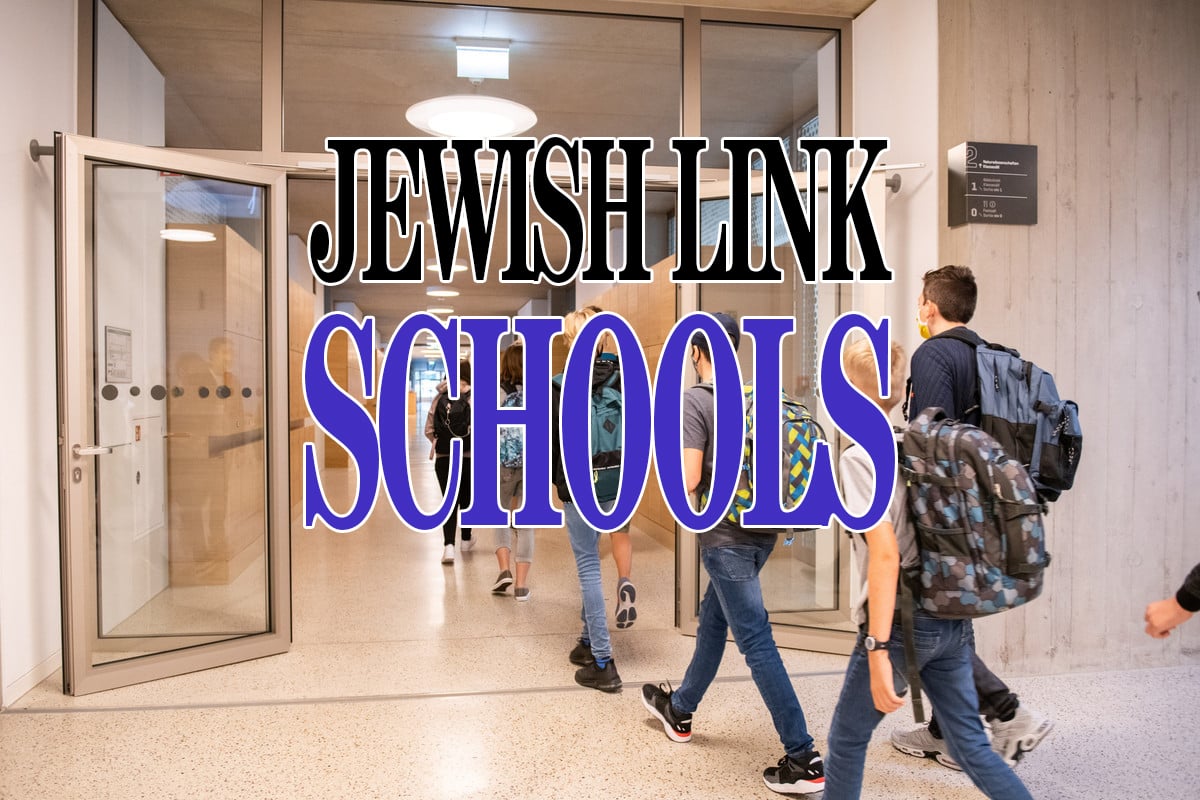New Milford—The Covenant Foundation has granted the Solomon Schechter Day School a $20K ignition grant to further develop in-house technology for the expansion of the Jewish Heritage/Holocaust Education program for Middle School students following the school’s proven approach of interdisciplinary and cross-curricular education. The school is only one of eight chosen for the coveted award.
Beryl Bresgi, the school’s Director of Holocaust Studies, spoke with JLBC about the grant, which will be used to assist in the completion of the Ruth and Morris Kotek, z”l, Holocaust and Heritage Studies Center, due to open in September 2014. As the Jewish Link has previously reported, the new Technology & Media Center is being constructed to facilitate study of the Holocaust through technology-based learning.
As Leah Silberstein, the school spokesperson noted, in the last year, Schechter received several donations—from individuals and a foundation—to create a multi-media technology lab, with a research center specifically designated to Holocaust and Heritage Studies The Center will house 20 iPads, Smart Boards, and enables students to “plug-in” their personal devices to learn and collaborate in small-group settings, and is emblematic of Schechter’s mission and vision.
Said Bresgi, “Students will have a multi-media forum where they can explore eye-witness accounts of the Shoah, and begin to appreciate pre-war European Jewish culture and the Shoah’s impact on 20th century Jewish life. We are creating a curriculum using modern audio-visual and editing technology, and the resources available through the Shoah Foundation’s “I Witness” program.
“ As we develop age-appropriate programs, we can connect students to survivors via the technology. First you teach the kids history and then you bring in testimony, grounded in literature and history. We stick to personal narratives. That’s why the grant is so exciting–we can take the program to a higher level by integrating the technology into teaching about the Shoah, along with critical thinking and media literacy. “
In Middle school, students study personal narratives/ testimony and learn interviewing skills and techniques. As eighth grade students, they interview a Holocaust survivor or a son or daughter of survivors (the Second Generation—2Gs) and record and edit their videos to create mini-documentaries. That is when learn about the concept of “ethical video.”
Portions of the music education curriculum are also incorporated into this project, and they will pick up the tone/sound of the times and the culture by listening to radio from that era. Once they learn some of the music, they will be taught to use programs like Logic to edit their own soundtracks for the documentaries they are making.
The films that are a produced by the program will then be presented as a school film festival to which the public will also be invited. They also intend to create an on-line library of these movies and make them available to other schools via iWitness and Facing History and Ourselves, a national Holocaust and Genocide studies program based in Boston.
Solomon Schechter also hopes to become a Holocaust studies resource center for other local schools, Jewish, non-Jewish and public schools. The center will be housed in the school’s library and will be run by professionals.
“Our goal,” said Bresgi, “is to have our children leave here wanting to learn more about the history and the heritage of our people. When they leave us, they leave with a sense of their responsibility to do tikkun in the world, that they have to be globally responsible citizens—a view that is grounded in Schechter education.”










